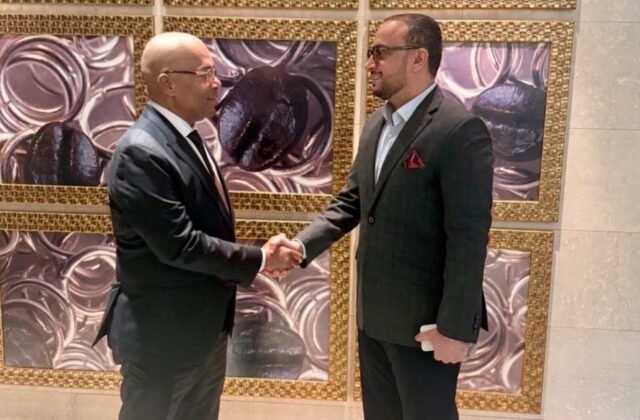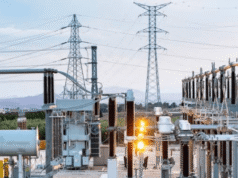Space42, the rapidly growing AI-powered SpaceTech enterprise from the United Arab Emirates, has inked a landmark five-year Memorandum of Understanding (MoU) with Angola’s Military Intelligence and Security Service (SISM). The historic signing happened during the state visit of UAE President Sheikh Mohamed bin Zayed Al Nahyan to Luanda, at the invitation of President João Lourenço—a moment that epitomises deepening defence and space cooperation between the two nations.
This agreement signifies more than diplomacy—it marks a deliberate shift towards blending advanced space technology and artificial intelligence into Angola’s national security and infrastructure landscape.
Table of Contents
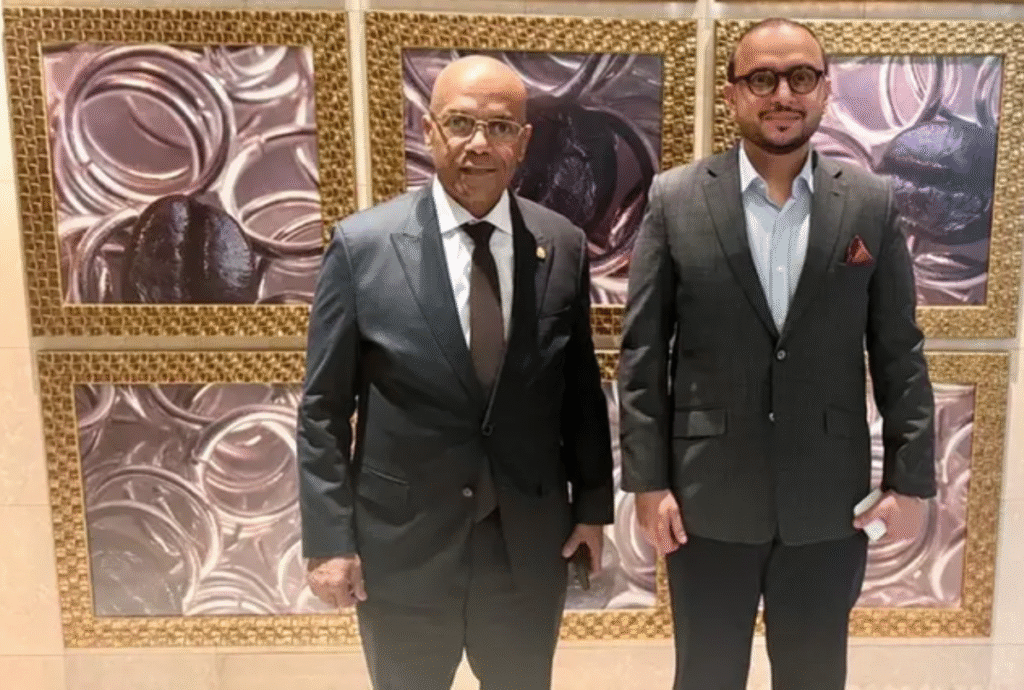
From Satellite Broadband to AI-Driven Defence Solutions
Space42 already boasts full nationwide coverage in Angola through its YahClick satellite broadband service. But this MoU broadens the horizon significantly. Angola stands to benefit from upgraded service capabilities via the Thuraya-4 satellite, which enhances speed, reach, and operational resilience.
Beyond connectivity, the agreement spans seven vital technological domains:
- Satellite Communications: Elevated infrastructure based on Space42’s satellite fleet.
- Earth Observation: High-resolution imagery and geospatial intelligence.
- Artificial Intelligence: Automated analysis and predictive intelligence.
- High-Altitude Platform Stations (HAPS): Aerial platforms for coverage and surveillance.
- National Security Drones: Unmanned systems tailored for surveillance.
- Border Control Systems: Integrated tech solutions for monitoring and management.
- Command and Control Centres: Centralised hubs for defence coordination
These areas reflect Space42’s ambition to go beyond traditional satellite services, aiming to deliver comprehensive, AI-enhanced systems for security, governance, and civil resilience.
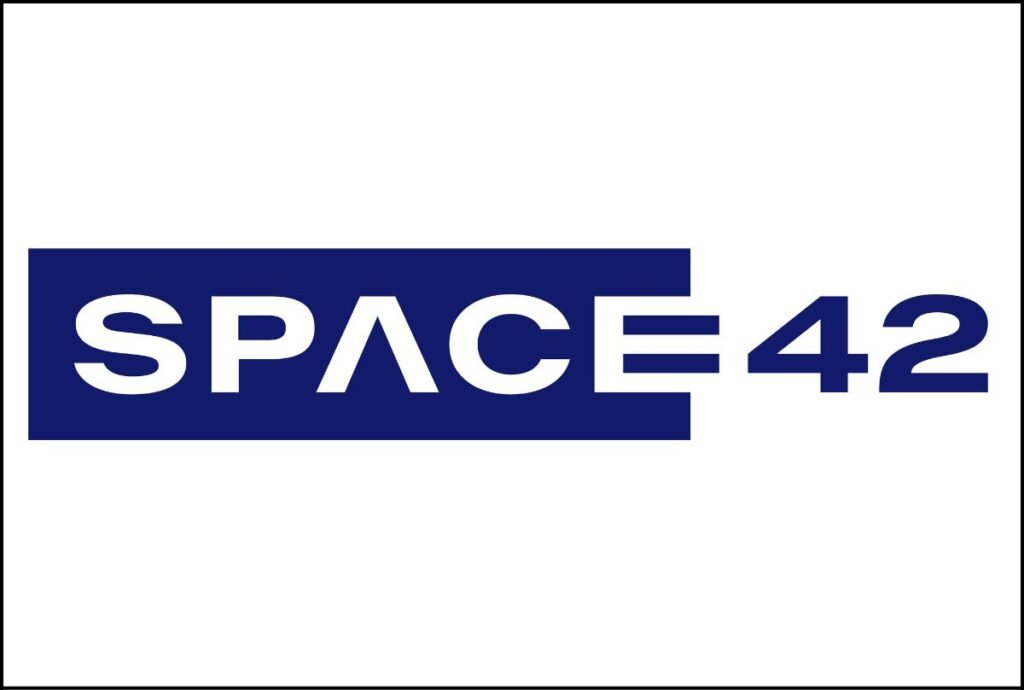
Shaping Future-Ready Security: Why It Matters for Angola and Africa
This agreement is not just another contract—it symbolises a strategic leap for Angola and, potentially, other African states grappling with complex security and development challenges. Here’s why it matters:
Deepening Bilateral Ties
Signed at a high-profile diplomatic moment, the MoU cements long-term UAE–Angola relations, neatly aligned with both nations’ diplomatic and strategic visions, according to the Emirati Times.
SpaceTech Meets Security
Angola gains access to cutting-edge SpaceTech—from YahClick broadband to Earth-observing platforms and AI systems—that could revolutionise border security, disaster response, and national resilience.
Sustainable Infrastructure Foundation
With the Thuraya-4 satellite strengthening service delivery, Angola’s space infrastructure becomes more robust. This lays the groundwork for future geospatial and AI systems deployment nationwide.
Capability Building through Demonstration
Before sealing the deal, Space42 showcased its advanced solutions through live demonstrations in the UAE, underscoring transparency, trust, and a shared vision of practical technology use.
The overall impact? Angola is positioning itself as a forward-looking player in African defence, blending smart infrastructure with sustainable tech. For Nigeria and the broader region, this could become a blueprint for effective public–private partnerships in space-enabled national security.
What Lies Ahead: Prospects, Challenges, and Implementation
What to Expect Next
Over the coming months, we should anticipate:
- Upgrades in Satellite Services: Thuraya-4 poised to elevate connectivity, particularly in remote and strategic areas.
- Pilots and Deployments: Rolling out AI-powered drones, HAPS, Earth-observing systems and border control platforms.
- Command Centre Development: Establishing centralised operations hubs integrating communications, surveillance, and analytics.
Roadblocks Ahead
But transformative change comes with its own complexities:
- Technical Integration: Merging AI systems with legacy infrastructure and national protocols may present challenges.
- Capacity Gaps: Angola may need dedicated training programs—perhaps in collaboration with Space42—to manage and sustain these systems.
- Data Governance: Handling geospatial and surveillance data responsibly demands transparency, privacy safeguards, and regulatory oversight.
- Funding Sustainability: Implementing and maintaining such advanced technologies requires long-term budget commitments amid economic fluctuations.
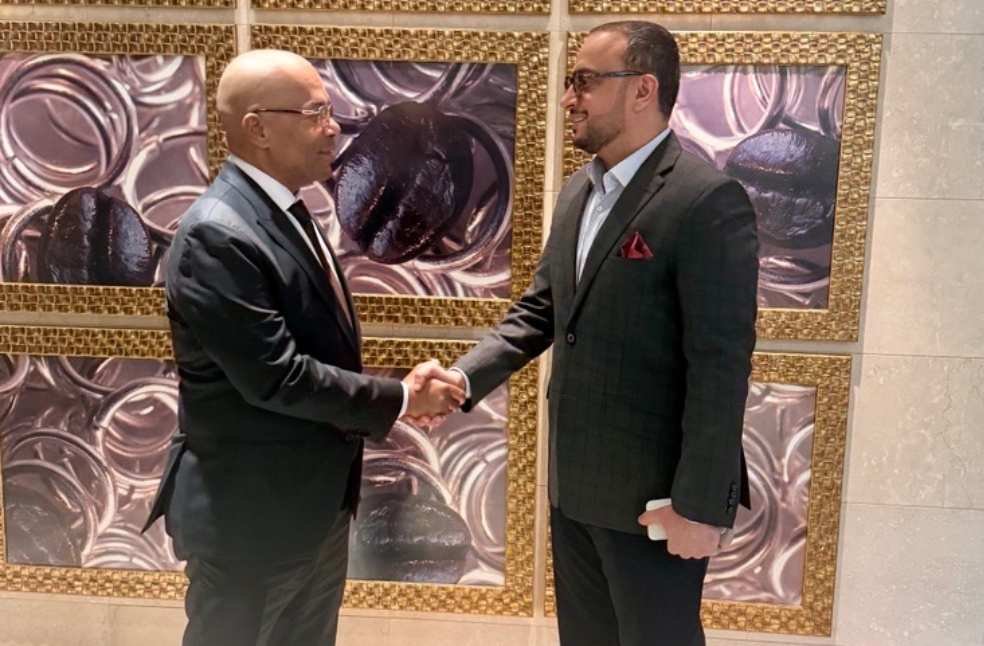
Broader Significance for Africa
Should this agreement succeed, it could catalyse space-tech security collaborations across the continent—demonstrating how governments can leverage AI and satellite systems for border control, emergency response, urban planning, and digital infrastructure.
Conclusion: A Strategic Turn into Space-Enabled Defence
The Space42 AI-Powered Defence Deal Angola signals the dawning of a new era—where space infrastructure, AI analytics, and defence security converge to deliver tangible national benefits. As Angola readies to make this MoU a reality, the broader African region watches closely—this may well be the dawn of smarter, safer, more connected governance.
Let me know if you’d like a shorter summary, a press-release version, or an adaptation into another style!
Join Our Social Media Channels:
WhatsApp: NaijaEyes
Facebook: NaijaEyes
Twitter: NaijaEyes
Instagram: NaijaEyes
TikTok: NaijaEyes


